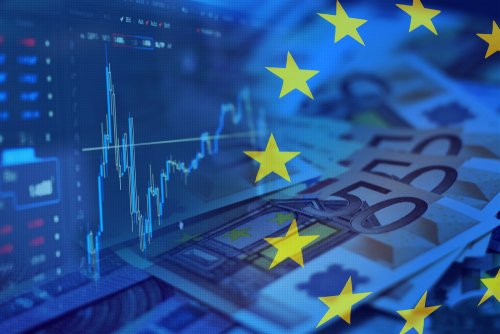Belgium, (Brussels Morning Newspaper) The European Commission approved Italy’s aid scheme worth 700 million euro to support businesses.
The EC noted in a statement on Wednesday that the aid is approved under the Temporary Crisis Framework adopted earlier this year.
Margrethe Vestager, European Commissioner for Competition, pointed out that the scheme “will ensure that sufficient liquidity remains available to companies affected by the current geopolitical crisis and the related sanctions, allowing them to continue their economic activity in this difficult context.”
She stressed that the EC continues to stand with Ukraine and cooperate with bloc members to help them implement aid measures to protect companies while preventing disturbances to competition.
The EC pointed out that Italy’s scheme will provide aid to small and medium-sized enterprises (SMEs) as well as businesses with up to 1,500 employees affected by the crisis.
The body noted that companies in the financial sector and agriculture will not be eligible for aid, adding that previous aid schemes supported businesses in the sectors of agriculture, aquaculture, fishery and forestry.
Support in the form of grants
The scheme will provide grants to companies that generate at least 10% of their revenues on foreign markets and get some of their supplier from Belarus, Russia or Ukraine. In addition, the companies have to expect at least 20% higher cost of supplies or lower quantity of supplies from the three countries.
The Commission stressed that the Italian scheme is in line with EU rules on state aid as support will be provided by the end of the year and will not exceed 500,000 euro per recipient.
The body pointed out that the scheme is appropriate, proportionate and necessary to address disturbances in the Italian economy, and is in line with Temporary Crisis Framework rules.
The EC reminded that it adopted the Temporary Crisis Framework in March this year to help EU member states support their economies in the crisis. The Commission noted that it amended the framework in July to align it with other EU rules.
It stressed that businesses controlled by Russian individuals and entities on the sanctions list will not be eligible for aid.




